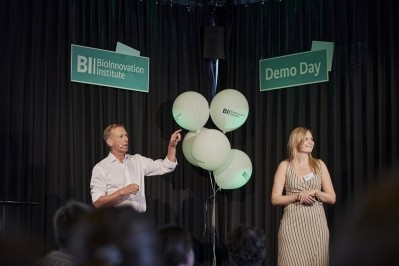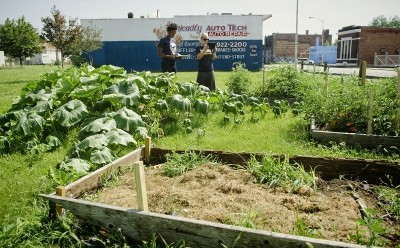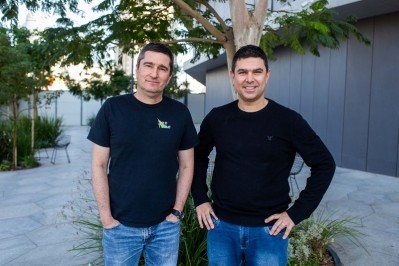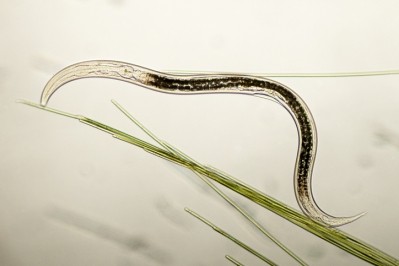Carbon dioxide enrichment company to test its tech with ‘major US lettuce grower’
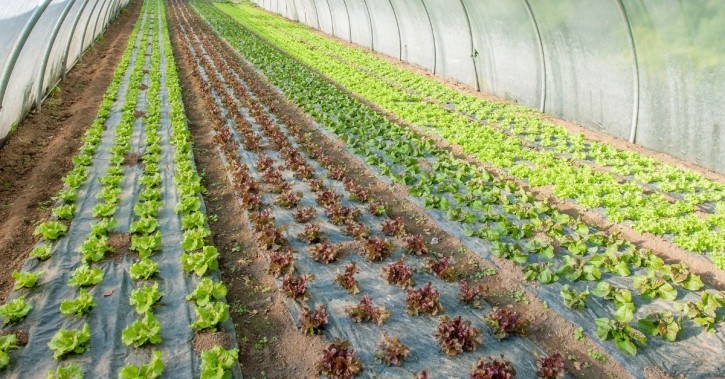
CO2 GRO’s technology creates a microfilm on crop leaves using an aqueous CO₂ solution. It claims the solution can boost yield on cucumbers, tomatoes, lettuce, roses and orchards by as much as 30% and deliver protection from all non-virus micro pathogens such as powdery mildew and e coli, moulds and mildews.
The latest TAP began in the first week of November 2023 and is scheduled to run for a 12-month period.
The lettuce grower is a multi-state operator with over two million square feet of greenhouse lettuce production and with plans to expand further.
CO2 GRO has estimated that major US greenhouse lettuce and leafy greens producers currently operate a total cultivation area of approximately eight million square feet, which is forecast to double to exceed 16 million square feet in the coming years. It therefore hopes the project will mark an important growth step in the US.
"Commissioning this TAP with one of the United States' major greenhouse lettuce growers is an important step in the market penetration of our technology in the US,” said CO2 GRO's VP Sales, Aaron Archibald. “Greenhouse lettuce is one of the fastest growing greenhouse vegetable segments. As the product is a leaf, it is perfectly suited for our technology. We look forward to completing a successful project with this lettuce grower and moving towards a commercial deployment as soon as possible in 2024."
A spokesperson for the company told AgTechNavigator that its patented aqueous CO2 misting technology helps growers increase crop yields and profits.
“We mist for only seconds per mist multiple times per hour to enrich plant leaf photosynthesis during day grow periods. [We are] the only company that provides this aqueous CO2 enrichment solution.” The company also claims it was the first to discover that the entire leaf surface area is capable of absorbing dissolved CO2 molecules. “Until now all plant scientists believed that the only way plants take in CO2 is via their tiny stoma on the leaf underside,” we were told.
The technology is designed for all protected locations growing plants, the spokesperson added.
“The hotter and drier the more consistent our CO2 enrichment works. On cold cloudy days in non-CEA grow facilities our increasingly dynamic CO2 applications would be backed off via automated sensors.
“Relative humidity and temperature (VPD) matter a lot for optimal plant growth and our automated systems react to algorithms based on plant VPD ranges.”
CO2 GRO estimates that about 300 million metric tonnes (MT) of fruit and vegetables are grown annually from about 5 million hectares of protected vegetable facilities globally (6 kg/m2/year of average production). A 30% yield increase using its technology could therefore add up to 100 million MT of fruits and vegetables per year.
It further estimates around 98% of protected grow facilities globally cannot add CO2 by atmospheric gassing and are therefore missing out on up to 30% increased yield potential and 100% more gross profit.
"Setting up our technology is mostly plumbing related with some engineering to design proper water flow dynamics. Our footprint is very small for the equipment to dissolve CO2 into water and its storage. We mist for no more than 10 minutes per day so the amount of water storage we need is small."
Latin American rose growing partnership
The company has also revealed the results of TAP with a greenhouse rose grower Colombia. The TAP began in January 2023, and as of the end of October 2023, has yielded 38% more rose stems in the CO2 GRO beds versus the control group, the company revealed. This means potential additional production of over 125,000 more rose stems per hectare annually, which generates an additional $62,500 more revenue, it said.
The TAP is expected to conclude after Valentine's Day 2024 (14 February) when CO2 GRO and the rose grower plan to finalise terms for a commercial deployment. The rose grower has 4 million square feet of rose greenhouses, all of which produce high-value roses for export.
CO2 GRO said there is over 250 million square feet of greenhouse rose production in Colombia, of which 60% is operated by four large groups exporting to the United States. The remaining 100 million square feet are owned by growers operating greenhouses in the 2-4 million square feet range, mostly for export.
CO2 GRO CEO John Archibald said: "In addition to the 38% yield increase, the rose grower has reported a significant decrease in powdery mildew spread in the CO2 GRO beds. The Colombia rose market square footage is huge that is mostly run by a small number of growers. Excellent results at this initial TAP could lead to a fast roll-out throughout Colombia's rose industry."
